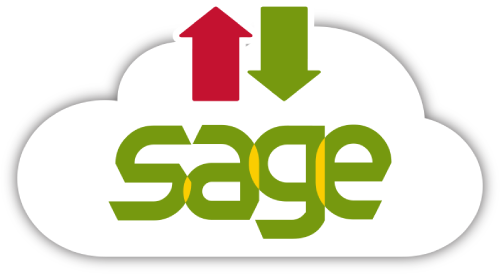The paper:
- discusses the difficulties in defining the precise scope of the field of complementary and/or alternative medicine;reviews the available evidence regarding the use of CAM by Canadians generally;
- reviews the available evidence regarding the use of CAM by people with HIV/AIDS, identifying some of the key conclusions to be drawn regarding the prevalence of use, and how and why people with HIV/AIDS use CAM;
- comments on some specific issues relevant to Aboriginal people and traditional Aboriginal healing practices;
- provides an analysis of ethical issues raised by the use of CAM, particularly on the part of people with HIV/AIDS, by applying the principles of non-maleficence, beneficence, respect for personal autonomy, and justice, and draws a number of conclusions as to what is ethically required in law, policy, and practice; and
- examines legal and policy issues regarding the appropriate regulatory approach to CAM in the areas of federal regulation of natural health products and provincial and territorial regulation of practitioners; and discusses the issue of practitioner liability in the delivery of complementary/alternative medicine
